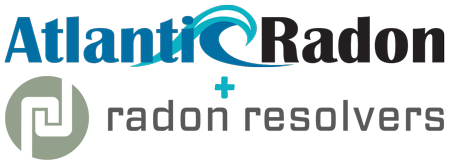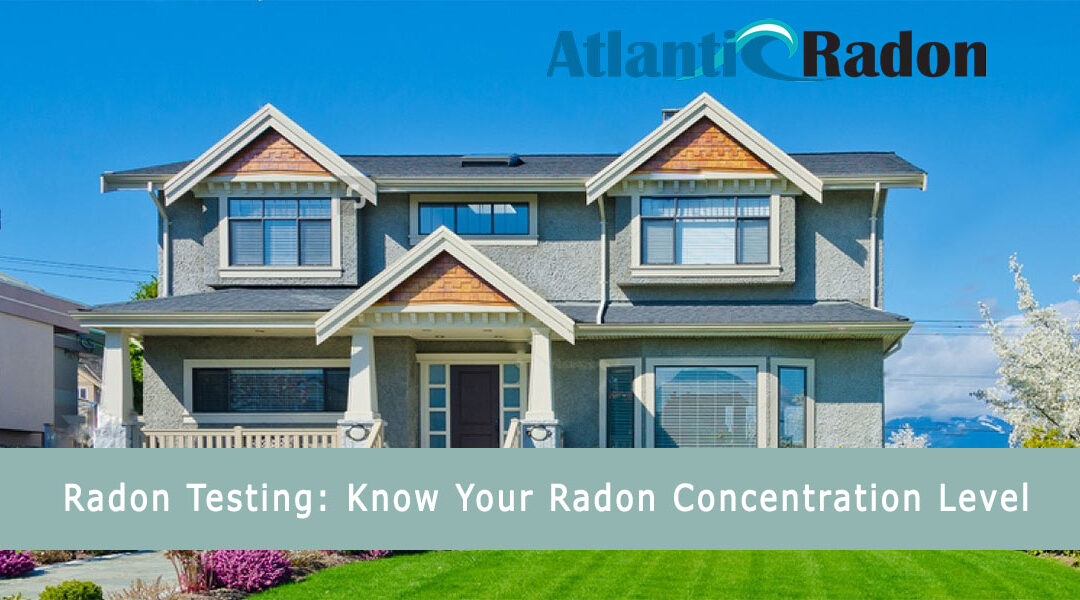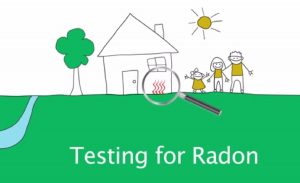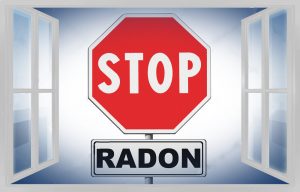Radon is a radioactive gas found indoors which is a product of the natural decay of uranium usually found on rocks and soils. Exposure to radon can result in lung cancer. In fact, radon is the second most important cause of lung cancer after smoking. There are well-tested, durable, and cost-efficient methods for mitigating radon at home. However, accurate radon testing must be performed initially to identify an effective radon mitigation method.
Radon testing is needed before any radon mitigation method is implemented. In this process, the radon inspector checks the level of radon concentration at your home or office. The indoor air and/or domestic water radon level are checked. The average outdoor radon level ranges between 5 to 15 Bq/m3. Homes, schools, and offices radon levels range between 10 Bq/m3 to 10,000 Bq/m3. The highest level of radon concentration is usually in places likes water treatment facilities, mines, and caves. Radon cannot be totally eliminated because it is a product of natural decomposition of rocks and soils, however, it can be reduced to an acceptable level, usually below 100 Bq/m3 as per World Health Organization.
Radon testing can be short-term, long-term, or continuous. It varies depending on the level of radon concentration, and the need to closely monitor.
1. Short-term Radon Testing
Useful to see if succeeding radon testing is needed. This testing measures radon levels for two to seven days. An activated charcoal-based or electret ion methodology can be used in this type of testing.
2. Long-term Radon Testing
Measures radon level for 90 days to one year. This testing is more accurate compared to short-term radon testing. The radon level fluctuates on a daily and seasonal basis, having a longer testing duration is needed for accurate measurement. The concentration of radon can be affected by factors such as a drop in air pressure, gusty winds, variable soil moisture, and snow cover, which traps radon gases.
3. Continuous Radon Testing
Uses electric monitors with digital meter plugs into a standard outlet. These can be used for daily monitoring.
Schedule a radon testing in Annapolis or Severna Park to ensure your radon level is checked and reduced to keep your family healthy. It is important to make sure the air you breathe and water you drink is safe from radon. To learn more about radon testing in Annapolis or Severna Park, fill out our contact form.




